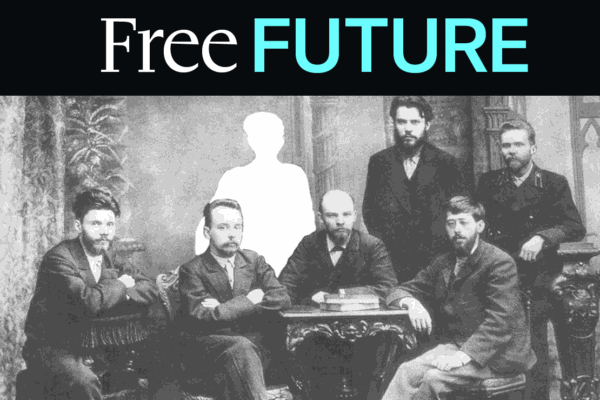ACLU Seeks Details on Automatic License Plate Readers in Massive Nationwide Request
Information Sought on How Cameras are Used by Police Agencies and How Data is Stored
FOR IMMEDIATE RELEASE
CONTACT: (212) 549-2666; media@aclu.org
BALTIMORE – The American Civil Liberties Union of Maryland (ACLU) today joined with ACLU affiliates in 35 states to send requests to local police departments and state agencies to seek information on how they use automatic license plate readers (ALPRs) to track and record Americans’ movements. Here in Maryland, the state has reported that there are more than 320 ALPRs being used and many are linked to the Maryland Coordination and Analysis Center (MCAC), Maryland’s “fusion center,” where the data is potentially stored indefinitely, creating an ever-growing database of our location and travel through the state.
ALPRs are cameras mounted on patrol cars – or on stationary objects along roads – such as telephone poles or the underside of bridges – that snap a photograph of every license plate that enters their field of view. Typically, each photo is time, date, and GPS-stamped, stored, and sent to a database, which provides an alert to a patrol officer whenever a match or “hit” appears when the plate is checked against external databases, such as lists of stolen vehicles.
“Automatic license plate readers make it possible for the police to track our location whenever we drive our cars and to store that information forever,” said Catherine Crump, staff attorney with the ACLU’s Speech, Privacy & Technology Project. “The American people have a right to know whether our police departments are using these tools in a limited and responsible manner, or whether they are keeping records of our movements for months or years for no good reason.”
The Maryland State Police (MSP) began using ALPRs in 2004, and there are currently more than 320 ALPRs in Maryland. The ACLU is most concerned about the fact that more than 140 of them are linked to a central server at MCAC, Maryland’s “fusion center”, which in 2007 was expanded from tracking only terrorist activity to "all crimes." The state has claimed that its centrally linked storage system at the fusion center is the first “statewide networked LPR system of its kind in the nation.”
The MCAC's "privacy policy" states that it has the right to obtain or retain data for any public health or safety purpose. And it is unknown how long the location and movements of people in Maryland are stored. Additional provisions stating that the data will not be stored or used in ways that violate federal or state law are completely meaningless, according to the ACLU, because there are currently no meaningful restrictions on the collection, storage, and dissemination of that data.
In addition, private companies are frequently hired to obtain LPR data for government. Since 2005, the Traffic Group, Inc., a private corporation, has scanned more than 300,000 license plates in the state of Maryland as part of projects for state government agencies, including the Maryland State Highway Administration and the Transportation Authority. It is unknown what happens to the data gathered by Traffic Group after the conclusion of the projects.
"We do not object to using ALPR technology to instantly compare plates against external databases in real time, such as databases of stolen or wanted vehicles, and alerting officers if there is a match," said David Rocah, Staff Attorney for the ACLU of Maryland. “But the technology also allows for the ALPR data to be stored indefinitely, in ever growing databases, creating an increasingly comprehensive picture of our locations and movements, which raises significant privacy concerns. That is precisely what Maryland seems to be claiming the state is doing.”
ALPRs are spreading rapidly around the country, but the public has little information about how they are used to track motorists’ movements, including how long data collected by ALPRs is stored, and whether local police departments pool this information in state, regional or national databases. If ALPRs are being used as a tool for mass routine location tracking and surveillance and to collect and store information not just on people suspected of crimes, but on every single motorist, the American people should know that so that they can voice their concerns.
Rocah continued: "Maryland needs legal protections to limit the collection, retention and sharing of our travel information, and we need these rules right away.”
ALPRs have already proven controversial. Just last month the Drug Enforcement Administration withdrew its request to install ALPRs along certain portions of Interstate 15 in Utah after they were met with resistance by local lawmakers.
In addition, the ACLU and the ACLU of Massachusetts filed federal Freedom of Information Act requests with the departments of Justice, Homeland Security and Transportation to learn how the federal government funds ALPR expansion nationwide and uses the technology itself.
More information about the requests can be found at the ACLU of Maryland website.



